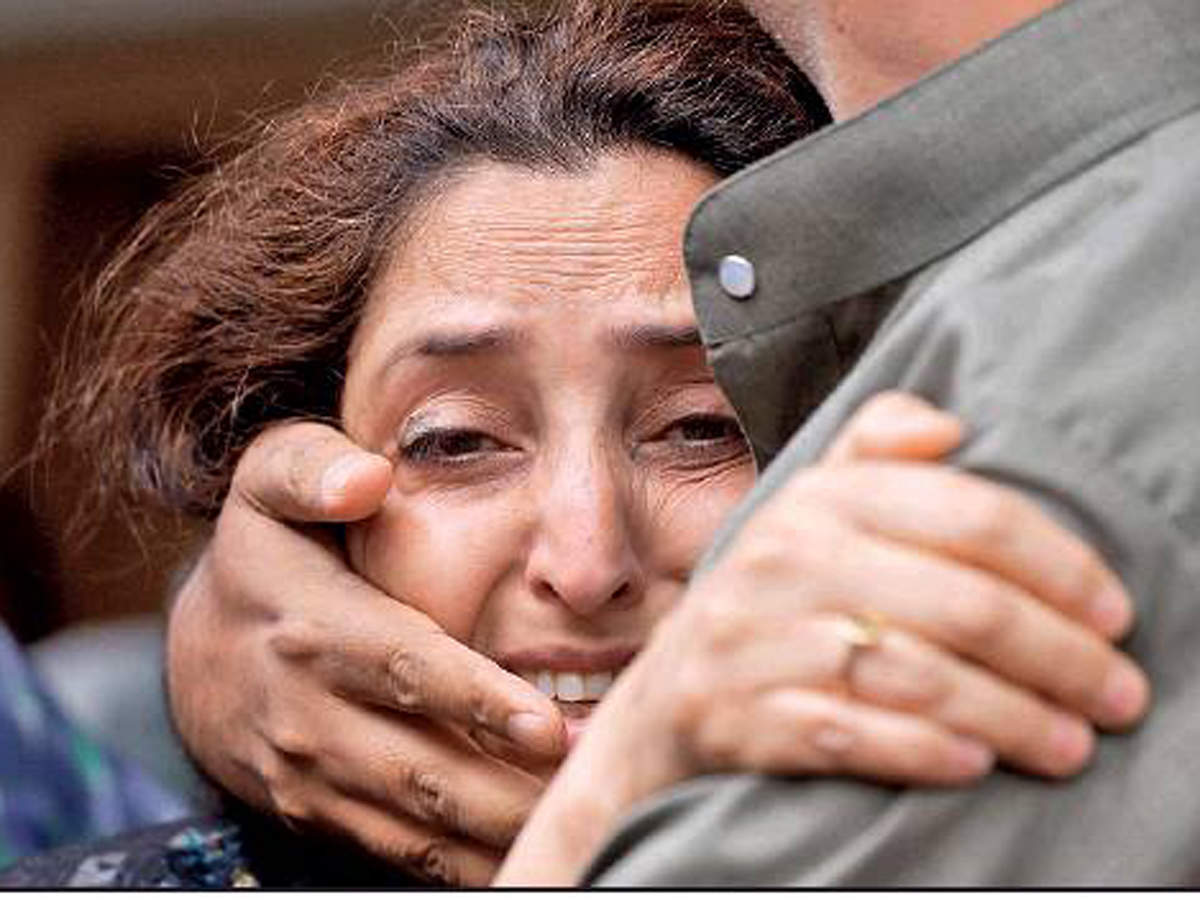
The killing of
by elements that obviously disliked his middle path approach and, in particular, his take on the suspension of operations as an opportunity beyond the ordinary, is in my perception one of those junctures of history where the tipping point could be crossed through a positive nudge. Yet, binaries cannot work in such a situation. When disgust and condemnation against violence become the common sentiments, people are more open to gestures considered as magnanimous.
In 2011, after three years of unabated street violence, loss of children’s academic years, poor tourist seasons and low business sentiment even for Kashmir’s iconic fruit industry, the populace was yearning for a period of peace. Its pride failed to let it admit it but it yearned for gestures that could bring even a semblance of peace and normalcy. Social media had not yet made its entry in any transformational way but sincerity of purpose and a public outreach system which went beyond the ordinary exemplified India’s commitment towards peace. The Kashmiri media too was excited by the change in approach. It was nothing but an appeal to the people to join hearts with the nation, feel the pulse of change and participate in it through mutual trust and confidence.
Bukhari’s death brings forth the notion of irrationality that is prevalent among those who wish to employ violence to take Kashmir away from India. It may need spontaneity, sincerity and only a bit of rationality to explain why that may never be a reality but within the idea of India much more can be achieved with dignity and accommodation. The situation probably seeks the application of brilliant minds to meander through the maze of complexity of emotions. It’s a moment for leadership to emerge and show the way. India has never been short of the power of the mind and any application at the current juncture will reveal that
people can change if they sense sincerity. It is not the time that single minds will produce ideas that can be the engines of change but it is a time for collective thinking and soul searching. Promoters of violence are few and they have had the public mind in their grip with the thought of achievability of their aims. If the public can be swayed by sentiments of the killing of young terrorist leaders, it can equally be moved to express disgust for actions which trigger more hatred and even more violence in an unending spiral.
No one is suggesting that immediate action be initiated. All that is being ideated about is the thought that sentiments for peace can be stronger than the emotions of violence. With the world in reset mode and the most intractable conflicts under possible resolution, the thought of handing over conflict situations from generation to generation without consideration towards the regression in human progress is a phenomenon we need to be acutely aware of. Triggered by the emotions of the moment, can we make a difference? Why not?
(The writer is a retired lieutenant general who commanded the Army’s 15 Corps in Jammu & Kashmir)
TOP COMMENT

